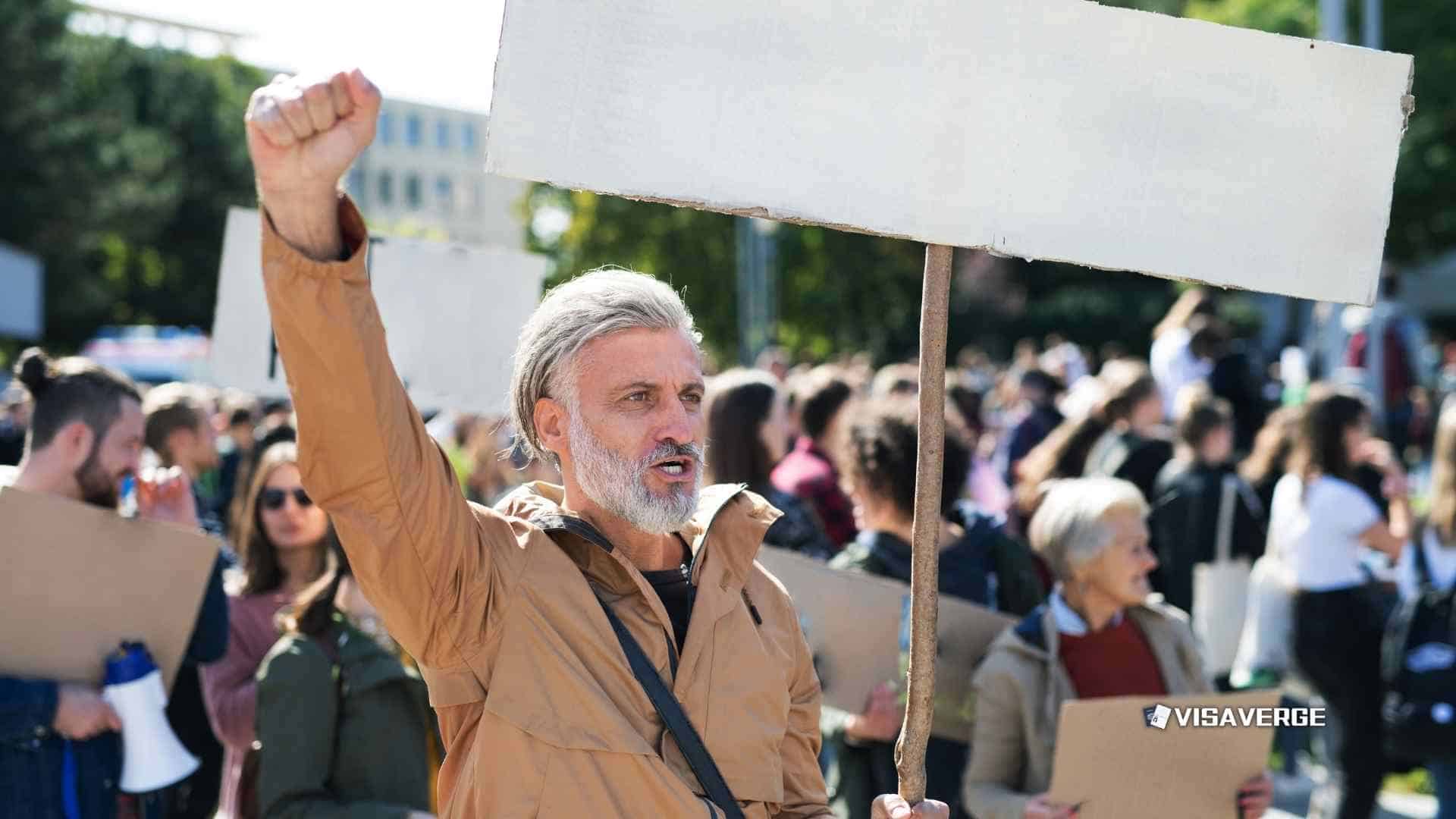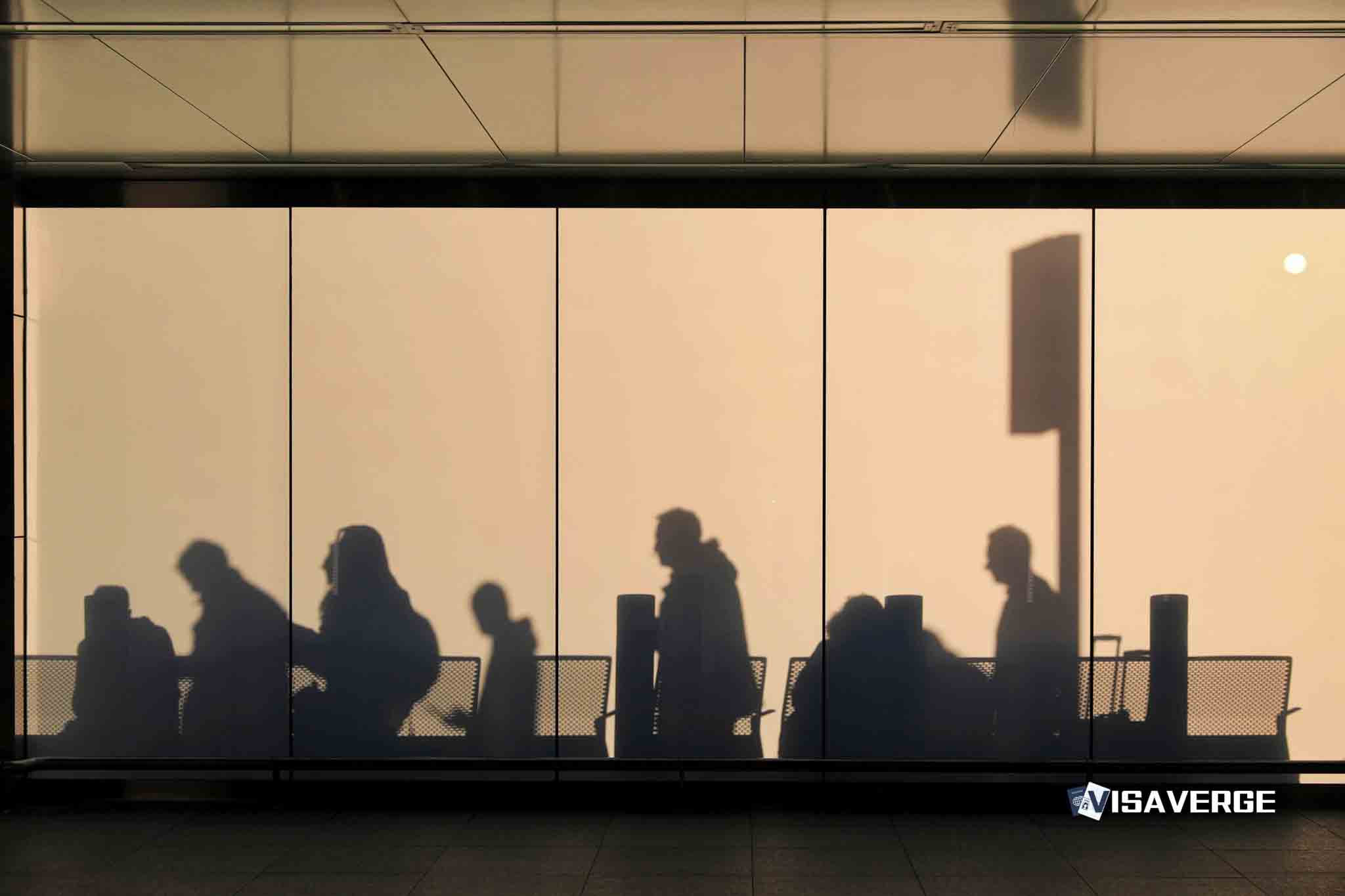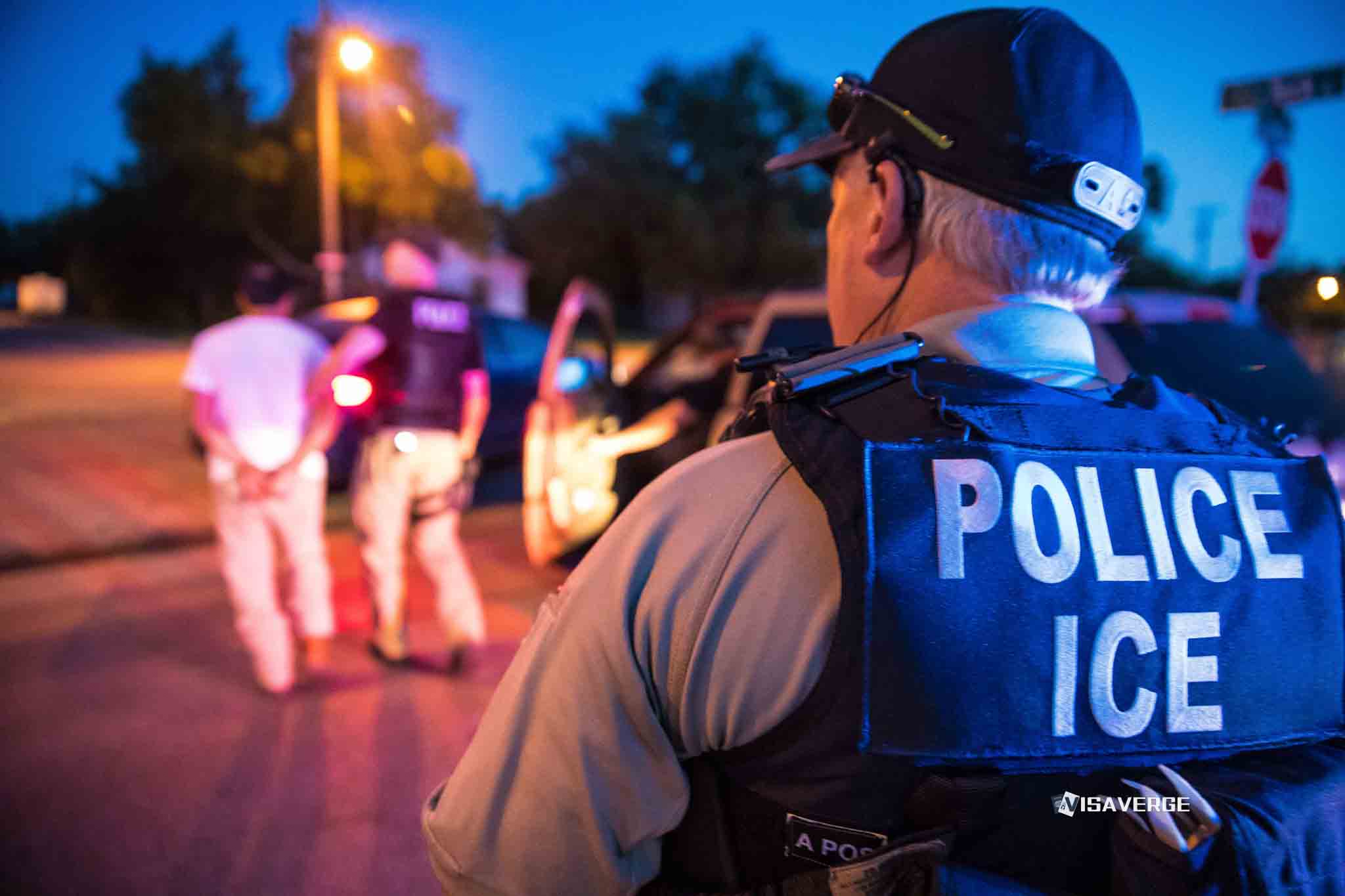The U.S. Court of Appeals for the D.C. Circuit has refused to grant full review in a high-profile contempt case over deportations of Venezuelan nationals to El Salvador under the Alien Enemies Act, leaving a major clash between courts and the Trump administration in limbo. The decision means criminal contempt proceedings against former officials are effectively on hold, even as judges, lawyers, and rights groups continue to argue over due process and presidential power in wartime-style immigration actions.
What happened and how the case began

The case stems from dramatic events on March 15, 2025, when the Trump administration invoked the Alien Enemies Act, a little-used law from the early 1800s, to deport people it said were members or associates of the Venezuelan gang Tren de Aragua. More than 260 individuals, including 137 Venezuelan nationals, were flown to El Salvador and taken straight to the country’s new mega-prison, known as CECOT, which has drawn international attention for its ultra-strict regime and mass detentions.
Those flights went ahead even after U.S. District Judge James Boasberg issued a temporary restraining order telling officials to halt removals and return any planes already in the air. Advocates later described scenes of confusion as lawyers tried to reach deportees who had already been taken off flights or moved into Salvadoran custody.
Families said they received little or no notice that their relatives were being removed under the Alien Enemies Act, which allows the government to act against citizens of countries seen as enemies during war or national emergency.
Judge Boasberg’s contempt finding and its significance
On April 16, 2025, Judge Boasberg said there was “probable cause” to believe senior officials had violated his order, opening the door to criminal contempt proceedings. That step was rare in an immigration case and signaled that the court saw the alleged disregard of its instructions as more than just a bureaucratic mistake.
The contempt process raised the prospect that individuals in the Trump administration could face criminal charges for how these deportations to El Salvador were carried out.
“Probable cause” from a federal judge in this context indicated the court viewed the matter as potentially criminal, not merely procedural.
Supreme Court ruling and venue issue
The legal fight reached the Supreme Court, which issued a mixed ruling:
- The Court held that deportees under the Alien Enemies Act must receive adequate notice and a real chance to seek relief in court before removal, reaffirming basic due process rules even when the government uses emergency powers.
- At the same time, the justices said the original lawsuit was filed in the wrong venue: it should have been brought in Texas, where detainees were held before deportation, rather than in Washington, D.C.
The government later argued that the venue ruling undercut the contempt process and that officials had acted in good faith pursuing national security decisions. Advocates countered that court orders must be obeyed regardless of political pressure or declared emergencies.
D.C. Circuit’s refusal to rehear (en banc) and immediate effects
The latest decision from the D.C. Circuit not to grant a full, or “en banc,” review effectively freezes the criminal contempt proceedings. A panel of judges had already placed the process on hold, and the full court’s refusal to reopen the question keeps that pause in place.
- The pause does not erase Judge Boasberg’s earlier findings.
- But it makes it much harder for the contempt case to move quickly toward charges against former officials.
According to analysis by VisaVerge.com, the refusal to rehear preserves the procedural hold while leaving substantive findings intact but stalled.
Developments on the ground in El Salvador and transfers to Venezuela
While the U.S. courts argued over procedure, events on the ground in El Salvador changed. During the period when the contempt process was paused, Salvadoran authorities released the deported class members from CECOT and transferred them to Venezuela as part of a prisoner exchange.
For many deportees, that meant another abrupt move—from a crowded high-security prison in El Salvador to uncertain conditions back in their home country, which many had originally fled because of violence, state repression, or economic collapse.
Ongoing legal and human-rights concerns
Human rights lawyers stress that these transfers do not erase the core legal question: whether the U.S. government may use the Alien Enemies Act to carry out fast-track deportations of Venezuelan nationals without meaningful access to lawyers or courts.
They note:
- The Supreme Court confirmed that due process rights apply even in national-security–tied cases.
- Deportees must be told clearly what is happening and be given time to challenge their removal.
Legal scholars also point to broader concerns about using an 1800s statute today:
- The Alien Enemies Act (codified at 50 U.S.C. §§ 21–24) gives the president sweeping powers over nationals of hostile countries.
- It was written long before the modern immigration system and asylum protections existed.
- The full text is available on the U.S. government’s website through the Office of the Law Revision Counsel.
Scholars warn that applying this law to specific groups (like alleged members of Tren de Aragua) risks bypassing protections built into ordinary deportation law and asylum procedures.
Impact on families and legal cases
For families of those deported, the legal arguments can feel distant from everyday worries about safety and reunion. Relatives in the United States 🇺🇸 report:
- Struggling to find out whether loved ones are in El Salvador, already moved to Venezuela, or somewhere in between.
- Facing uncertainty when relatives had pending immigration cases or appeals at the time of removal—raising questions about the fate of those cases after deportation.
Lawyers say they are still trying to track down former clients and determine whether there is any practical way to bring them back or pursue claims from abroad.
Broader stakes and what’s next
The D.C. Circuit’s refusal to revisit the contempt pause leaves the case in a peculiar position:
- Courts have recognized deportees under the Alien Enemies Act are owed notice and a chance to be heard.
- A federal judge has found probable cause that officials ignored a direct court order.
- Yet the mechanism for holding anyone accountable is stalled, and the affected people are now scattered across El Salvador, Venezuela, and other countries—far from the Washington courtrooms debating their fate.
For now, the contempt case against the Trump administration remains part of a wider national debate over presidential power in immigration. Future administrations will face choices about how far to rely on extraordinary tools like the Alien Enemies Act when dealing with migrants and alleged gang members.
Advocates emphasize that the outcome will shape both:
- How Venezuelan nationals and similar groups are treated, and
- How firmly U.S. courts can enforce their orders when immigration and foreign policy collide.
This Article in a Nutshell
The D.C. Circuit’s refusal to rehear en banc leaves criminal contempt proceedings tied to March 15, 2025 deportations on hold. Judge Boasberg found probable cause that officials violated his temporary restraining order after the Trump administration used the Alien Enemies Act to remove more than 260 people, including 137 Venezuelan nationals, to El Salvador. The Supreme Court required adequate notice and opportunity to seek relief before such removals but ruled the case was filed in the wrong venue. Deportees were later released from CECOT and transferred to Venezuela.













